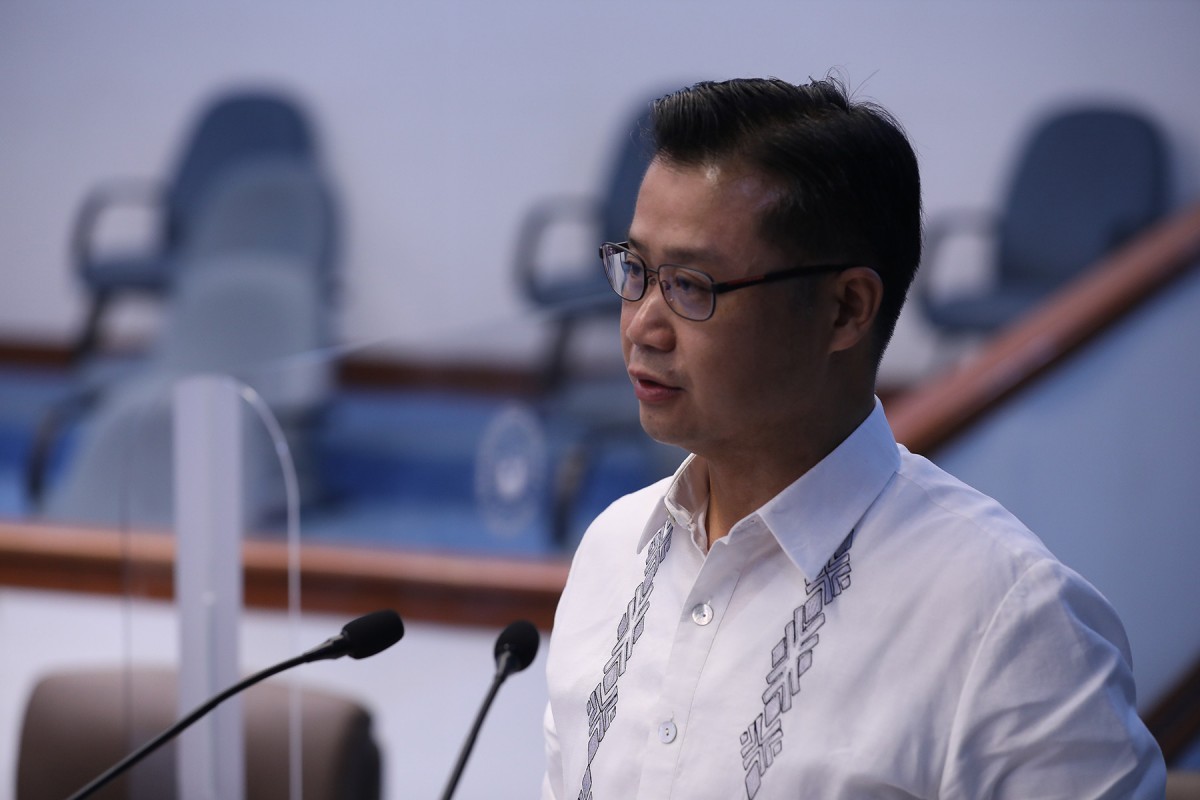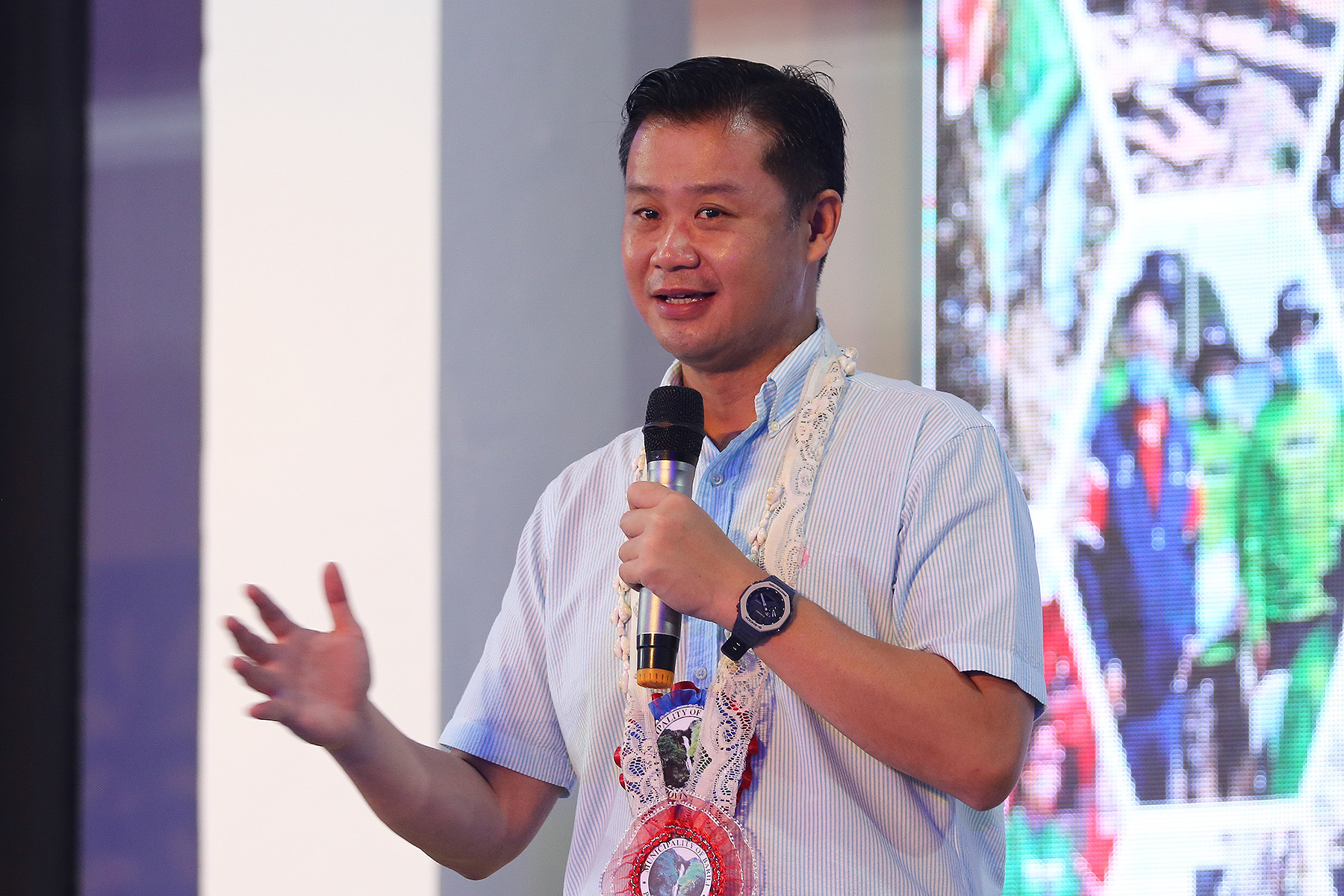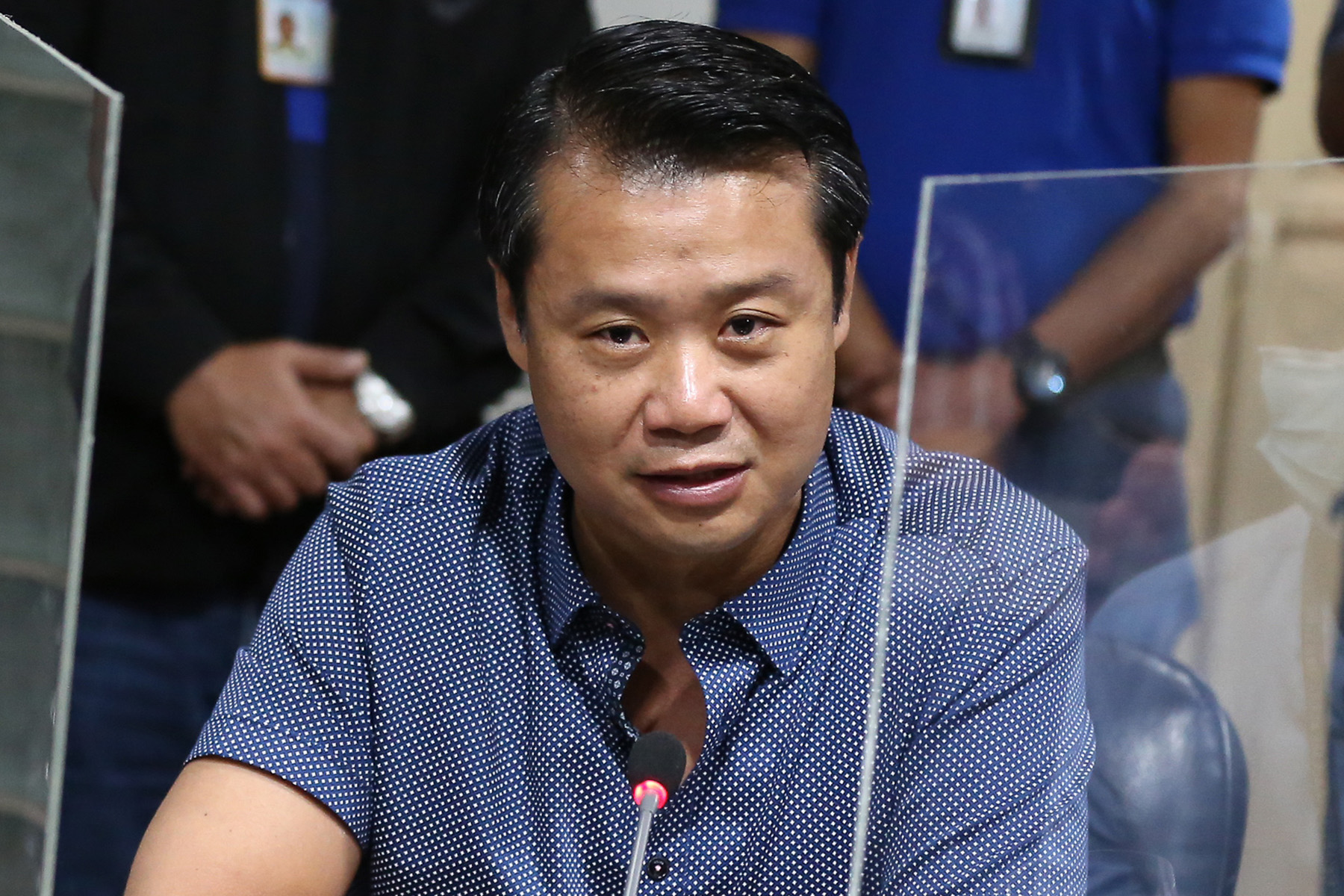PASAY CITY -- Senator Win Gatchalian has filed a bill that aims to accelerate the universalization of literacy in the country. Senate Bill No. 2348 or the “National Literacy Council Act” renames and strengthens the Literacy Coordinating Council (LCC) established through Republic Act No. 7165 and seeks the formulation of a three-year roadmap to achieve zero illiteracy.
To achieve the goal of eradicating illiteracy, the proposed measure synchronizes with the implementation of the Alternative Learning System (ALS) while mobilizing Local School Boards (LSBs) as the de facto local literacy councils. The ALS is a parallel learning system that provides a viable alternative to the existing formal instruction, which includes non-formal sources of knowledge and skills. It also aims to raise the level of literacy to contribute to an individual’s sustainable future.
Under the proposed measure, the Council’s technical secretariat will be transferred to the Bureau of Alternative Education (BAE) for administrative and technical support. Under Republic Act 11510 or the Alternative Learning System (ALS) Act, the BAE is established to be the focal office for the implementation of ALS programs.
The mobilization of LSBs also complements the implementation of Republic Act No. 11315 or the Community-Based Monitoring System (CBMS) Act. The CBMS Act capacitates LGUs and communities in creating databases at the local level, which will provide useful information for the design, targeting, and impact monitoring of poverty reduction programs and development initiatives.
“Sa isinusulong nating panukalang batas, mahalaga ang magiging papel ng parehong ALS at ng ating mga lokal na pamahalaan upang makamit ang zero illiteracy sa ating bansa. Ang pag-abot ng zero illiteracy ang isa sa mga unang mahalagang hakbang upang matiyak na wala tayong kababayang mapagkakaitan ng magandang kinabukasan,” said Gatchalian, Chairman of the Senate Committee on Basic Education, Arts and Culture.
The 2019 Functional Literacy, Education and Mass Media Survey (FLEMMS) showed that six out of 100 Filipinos 5 years old and over are still not basically literate. This means 6 million Filipinos cannot read or write with understanding of simple messages. That same year, 8% of Filipinos aged 10 to 64 were functionally illiterate. This means 6.7 million Filipinos in this age group lack the skills to participate fully and efficiently in daily activities, which require a reasonable capacity of communicating through a written language. (OSWG)





